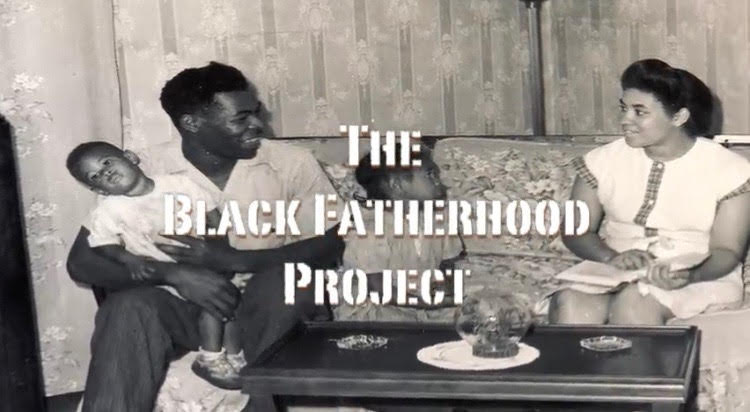In celebration of Black History Month, San Diego State’s Department of Africana Studies is putting on Black Film Fridays to present films with an emphasis on Black men. The first film showcased on Feb. 5 was “The Black Fatherhood Project” which was followed by a Q&A with director and creator Jordan Thierry.
Thierry is the founder and creative director of Dream Chase Media, a multimedia production company specializing in creating compelling stories that draw inspiration from cultures and communities around the world. Thierry has spent his career working to dispel the myths of Black culture with his book titled “A Kids Book about Systemic Racism” which was selected by Oprah for her 2020 best holiday gifts collection and his first feature film “The Black Fatherhood Project”.
Despite growing up with a loving father, Thierry says most Black kids he saw growing up did not have an active father figure in their lives. Through the telling of his own story and the help of others, he traces the roots of the fatherless Black home revealing a history more complex than is often told. Putting that history into perspective is a dialogue among Black fathers discussing their experiences, inspirations, and insight on how communities can come together to ensure the power of a father’s love is not lost on America’s Black children.
In 2019, statistics showed that close to 65% of Black children were born to unmarried parents, giving rise to the stereotype that Black fathers are largely absent. However, busting this myth, the U.S. Centers for Disease Control and Prevention reports that even if they don’t live under the same roof, Black dads are shown to be more involved with their children than their white and Latino counterparts.
“I created this film because I wanted to understand the roots of the deadbeat Black father stereotype, and dispel it,” Thierry said. “My goal was to illustrate the lineage of the Black family structure and the systemic forces that have undermined its stability.”
Racial disparities in education, employment, incarceration, income and more are routinely blamed not on structural racism but on the “absence” of Black fathers. Black fathers are often targeted by the media which plays a large role in how they are viewed by society. A big reason why one of the event’s attendees, Ebony Tyree, a professor in the Department of Africana Studies, believes this film is important.
“This film is important because Black men are often targeted by the media and the population at large when it comes to fatherhood. Mr. Thierry’s film debunks some of the stereotypes about Black fathers, while providing a very comprehensive historical account of Black fatherhood from Africa to North America.” Tyree says.
Dr. Sureshi Jayawardene, an assistant professor in the Department of Africana Studies, teaches a class about the Black family and presents this film every semester as she believes it sends an important message.
“The Black Fatherhood Project by Jordan Thierry is the best filmic representation, to date, of Black men as fathers. It combines scholarly, community, and personal perspectives and voices and offers a truly multidimensional view of Black fathers and how fatherhood is valued in the Black community,” Jayawardene said. “This film is just one way that students unpack the complex and sophisticated ideas, values, and experiences related to fatherhood among Black men.”
Despite numerous sources disputing the idea that Black men are less involved in their children’s lives, the stereotype continues to prevail. When asked if we need more films like “The Black Fatherhood Project” to shed light on the actual truth, Thierry was quick to say yes.
“Yes, and more and more films about the Black family and systemic oppression are being produced, so I am excited about all of the resources that are now available to teach and learn!”
For more information on upcoming Black Film Fridays, visit the Department of Africana Studies Current News and Events webpage.










